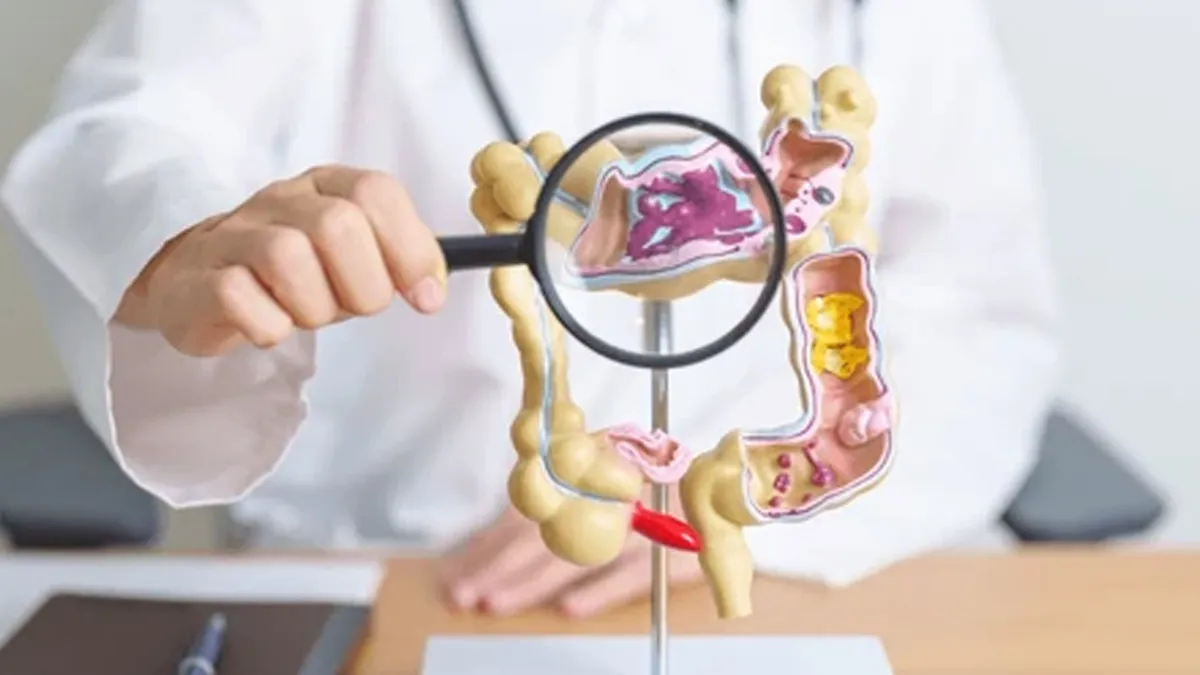
Have you ever found yourself in a situation where, despite your best efforts, your Ulcerative Colitis (UC) symptoms flare up unexpectedly? UC, a chronic inflammatory bowel disease, can be unpredictable, and certain lifestyle habits, dietary choices, and environmental factors may unknowingly contribute to worsening symptoms. Many individuals with UC experience sudden exacerbations, often without understanding the underlying causes. Recognising and avoiding certain pitfalls can play a crucial role in managing and mitigating these flare-ups.
Table of Content:-
Factors That Can Exacerbate Ulcerative Colitis Symptoms
1. Dietary Choices

What you eat directly impacts gut health, and some foods can aggravate UC symptoms by increasing inflammation and disrupting the digestive system. Processed foods, high-sugar diets, fried foods, and dairy products (for those who are lactose intolerant) can be problematic. In fact, diets rich in refined sugars and unhealthy fats can alter gut microbiota, leading to increased inflammation.
2. Stress
Stress doesn't just affect the mind; it has profound impacts on the body, especially for those with UC. According to the Gastroenterology Advisor, chronic stress can alter immune system responses, triggering inflammation and flare-ups in UC patients.
3. Medications

Certain over-the-counter medications can inadvertently exacerbate UC symptoms. Nonsteroidal Anti-Inflammatory Drugs (NSAIDs), commonly used for pain relief, have been associated with triggering flare-ups in UC patients, according to Northlake Gastroenterology Associates. If you need pain relief, consult your doctor for safer alternatives, which is less likely to irritate the gut.
Also Read: Ulcerative Colitis: Expert Explains The Disease And Lists Dietary Measures To Follow
4. Antibiotics
Antibiotics can be life-saving, but they also disturb the delicate balance of gut bacteria by wiping out both harmful and beneficial microbes. This imbalance can trigger inflammation and contribute to UC flare-ups. Hence, only use antibiotics when necessary and prescribed by a doctor.
5. Environmental Factors
Did you know your surroundings and lifestyle choices can impact UC? Environmental factors, including pollution, exposure to certain chemicals, and even seasonal changes, can influence UC symptoms. Also, urban environments with high pollution levels may be linked to an increased risk of inflammatory bowel diseases.
6. Smoking
Smoking has been found to have a complex relationship with UC. According to a 2021 study, former smokers are at a higher risk of developing UC compared to current smokers. However, smoking is detrimental to overall health and is not recommended as a preventive measure.
7. Lack of Support
Living with UC can be isolating, and lacking a support system may exacerbate symptoms. Engaging with support groups or communities can provide emotional relief and practical advice, helping to manage the condition more effectively.
Also Read: Managing Ulcerative Colitis Pain: Expert Lists Ways To Find Relief During Flares
How To Manage These Challenges
Understanding these pitfalls is the first step toward effective UC management. Here are some strategies to consider:

- Dietary Adjustments: Adopt an anti-inflammatory diet rich in fruits, vegetables, lean proteins, and healthy fats. Consulting with a nutritionist can help tailor a diet plan suitable for your needs.
- Stress Management: Incorporate stress-reduction techniques, such as mindfulness, yoga, or counseling into your routine.
- Medication Awareness: Always consult your healthcare provider before taking new medications, including over-the-counter drugs.
- Stay Informed: Educate yourself about environmental factors that may trigger symptoms and take proactive measures to minimise exposure.
- Build a Support Network: Connect with others who have UC through support groups or online communities to share experiences and coping strategies.
[Disclaimer: This article contains information for informational purposes only. Hence, we advise you to consult your professional if you are dealing with any health issue to avoid complications.]
Also watch this video
How we keep this article up to date:
We work with experts and keep a close eye on the latest in health and wellness. Whenever there is a new research or helpful information, we update our articles with accurate and useful advice.
Current Version